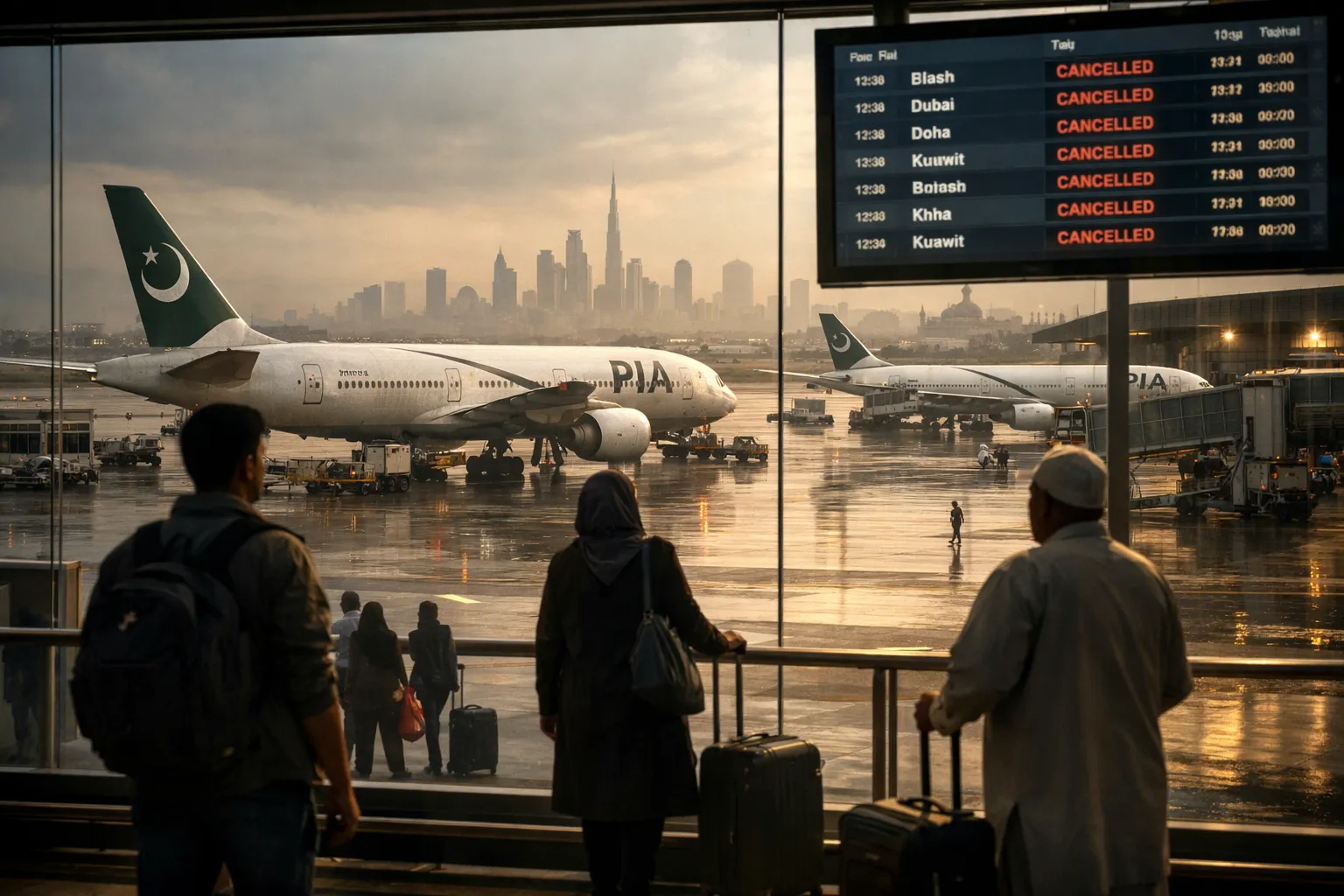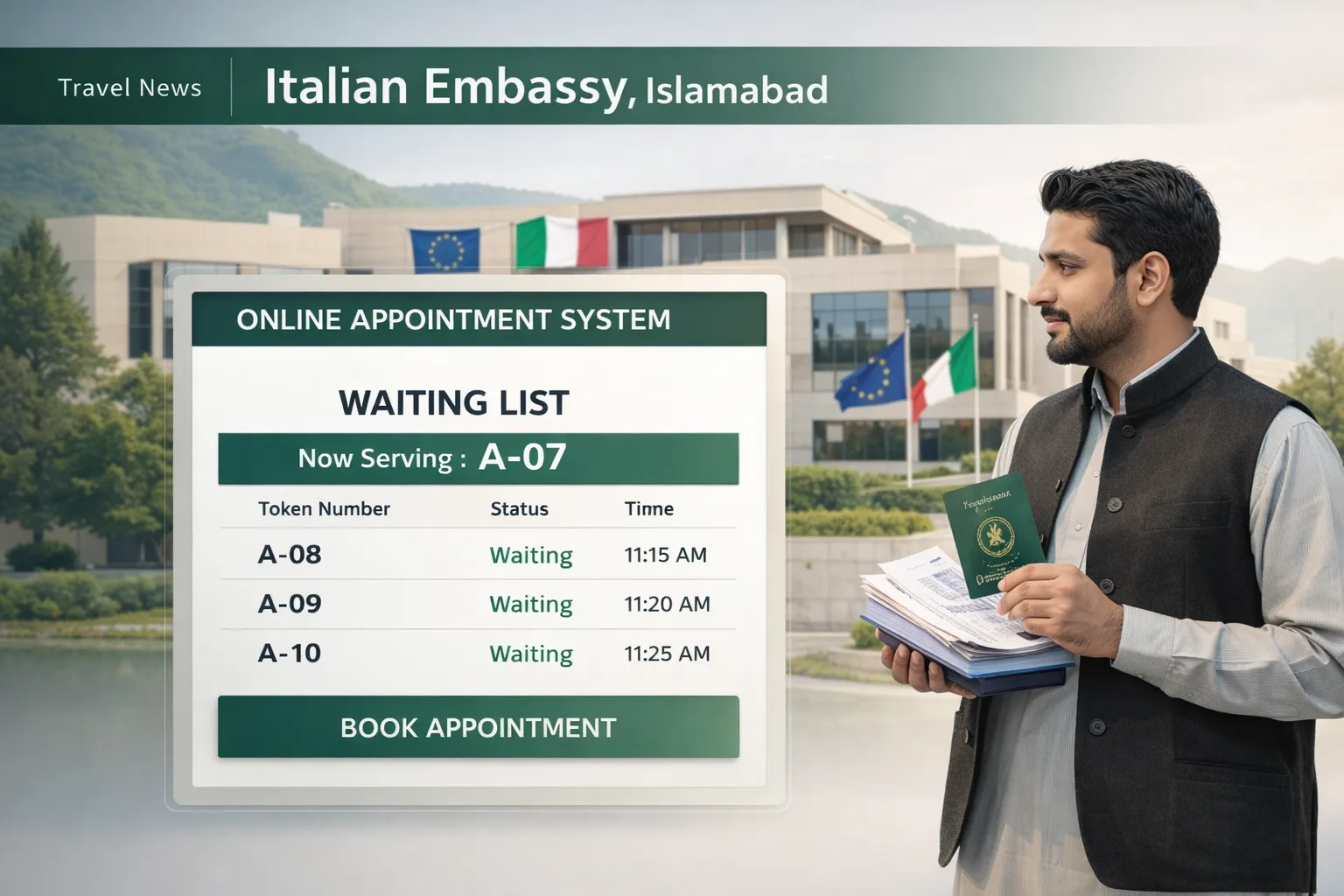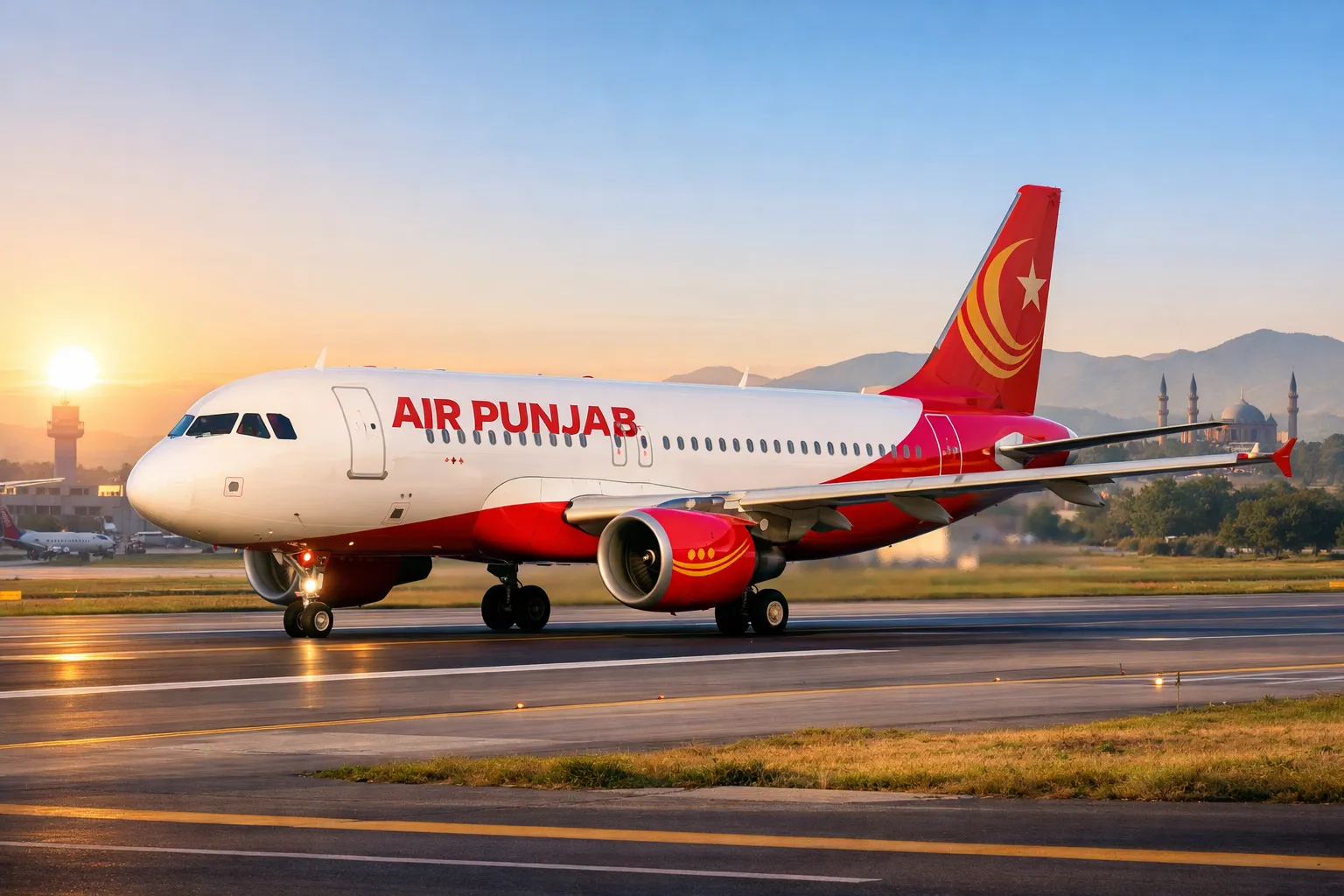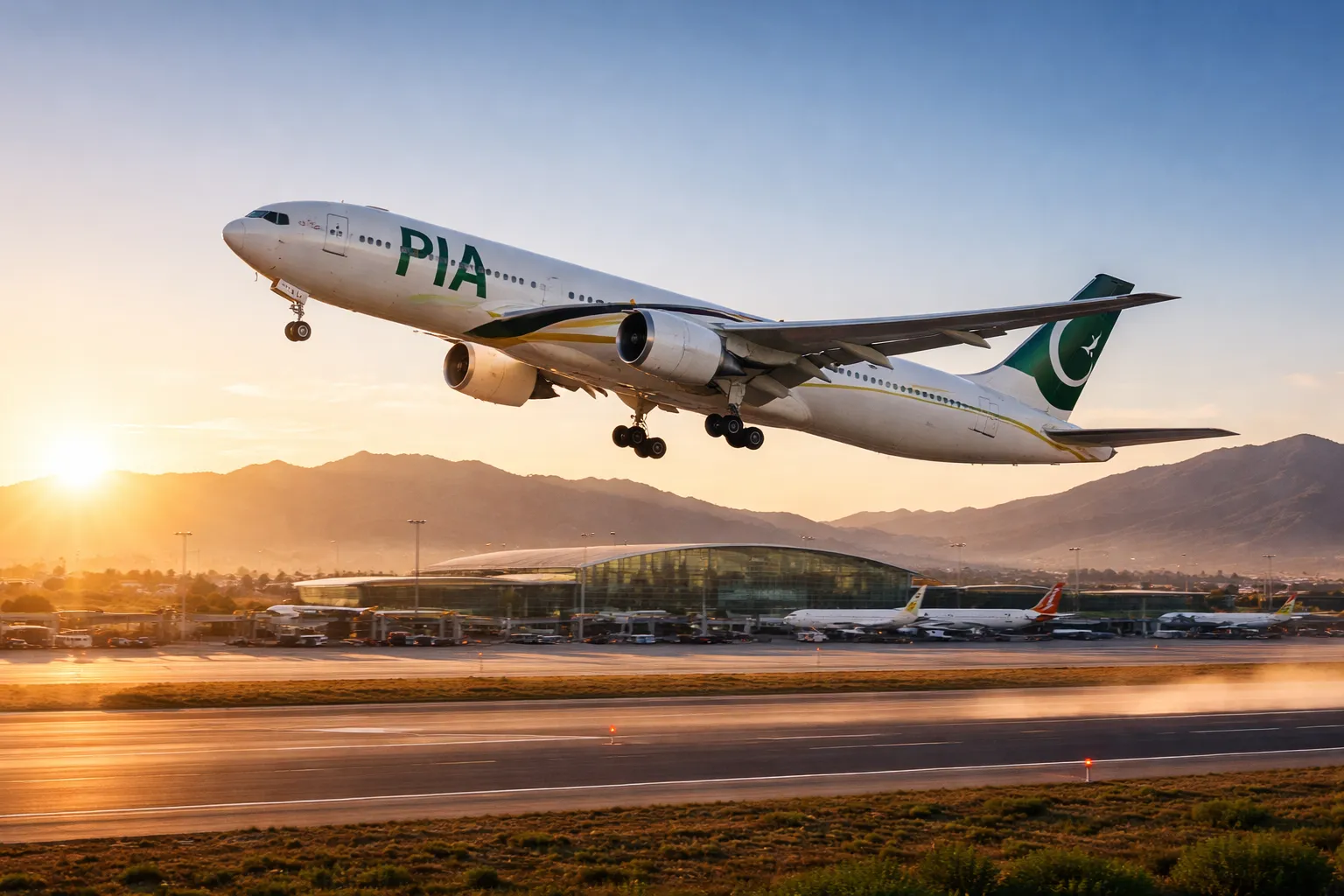 Log in
Log in

In a move that highlights growing international cooperation, Norway and Pakistan are taking significant steps to strengthen their bilateral relations, focusing on diplomacy, trade, education, climate sustainability, and people-to-people exchange. Recent diplomatic engagements between both nations have opened new avenues for partnership, reflecting a mutual commitment to advancing peace, prosperity, and sustainable growth.
The diplomatic relationship between Norway and Pakistan dates back to 1947, when Norway recognized Pakistan soon after its independence. Since then, both countries have maintained friendly ties rooted in mutual respect and shared values. Over the years, these relations have evolved from traditional diplomacy to more dynamic cooperation across multiple sectors — including trade, energy, education, and humanitarian development.
Norway, known for its active role in global peacebuilding and sustainable development, has long been a supporter of Pakistan’s education reforms, women’s empowerment, and environmental initiatives. Through its embassy in Islamabad and various development agencies, Norway has consistently contributed to social projects that promote inclusion and equality in Pakistan.
The recent Pakistan-Norway Bilateral Consultations held in Islamabad marked a turning point in diplomatic relations. The discussions focused on trade diversification, renewable energy collaboration, digital innovation, and climate change resilience.
Norway’s Ambassador to Pakistan emphasized Norway’s continued support for Pakistan’s green transition, particularly in hydropower, solar energy, and carbon reduction initiatives. On the other hand, Pakistani officials highlighted the opportunities available in the country’s information technology (IT), agriculture, and tourism sectors for Norwegian investors.
“Pakistan offers immense opportunities for investment, particularly in renewable energy and sustainable development. Our partnership with Norway will help accelerate progress in these areas,” said a senior official from Pakistan’s Ministry of Foreign Affairs.
Trade relations between Norway and Pakistan have seen steady growth over the past decade. The total bilateral trade volume is currently estimated at over USD 90 million annually, with potential for significant expansion.
Pakistan mainly exports textiles, seafood, and leather goods to Norway, while importing machinery, chemicals, and high-tech products from the Nordic nation. Norwegian companies have shown increasing interest in Pakistan’s renewable energy and ICT sectors, particularly as Pakistan continues to digitalize its economy under the Vision 2030 initiative.
Both governments have expressed intentions to enhance trade facilitation mechanisms, encourage private sector engagement, and support business-to-business exchanges through chambers of commerce and trade delegations.
| Sector | Key Areas of Cooperation | Potential Growth (2025–2030) |
|---|---|---|
| Renewable Energy | Hydropower, Solar, Wind Projects | High |
| Information Technology | Digital Infrastructure, Outsourcing | Moderate to High |
| Education | Scholarships, Academic Exchange | High |
| Tourism | Eco-Tourism, Cultural Exchange | Moderate |
| Fisheries | Sustainable Aquaculture | High |
Education remains one of the strongest pillars of the Norway–Pakistan partnership. Each year, hundreds of Pakistani students pursue higher education and research programs in Norwegian universities under various scholarships. Norway’s emphasis on STEM education and innovation aligns closely with Pakistan’s efforts to promote technology-driven learning.
Several Norwegian universities and research institutions are exploring joint academic initiatives with Pakistani counterparts to advance studies in climate science, engineering, and renewable energy management.
Additionally, Norway has been instrumental in supporting digital inclusion projects in Pakistan, especially those empowering women and youth in remote areas. These projects not only enhance access to education but also promote entrepreneurship and employment through digital skills training.
Tourism and cultural exchange form another growing dimension of Norway-Pakistan relations. With its breathtaking fjords, northern lights, and eco-friendly travel experiences, Norway attracts thousands of Pakistani tourists every year. Conversely, Norway’s Pakistani diaspora, estimated at over 50,000 people, plays an active role in promoting Pakistan’s image abroad.
The two countries have recently discussed tourism collaboration agreements aimed at encouraging cultural tours, film productions, and heritage exchange programs. GoTravel.pk and other travel facilitators in Pakistan are expected to benefit from easier visa processing and travel partnerships between the two nations.
“Tourism has the potential to strengthen people-to-people bonds between Norway and Pakistan. We are exploring initiatives that promote sustainable travel and cultural understanding,” stated a representative from the Norwegian Directorate of Immigration.
Both Norway and Pakistan share a firm commitment to tackling climate change. Norway has extended technical and financial support to Pakistan’s projects in clean energy, water management, and forest conservation. Pakistan, meanwhile, has been actively implementing its Climate Resilience Framework, which aligns closely with Norway’s international environmental agenda.
Norwegian expertise in hydropower and green innovation could play a transformative role in helping Pakistan transition toward renewable energy sources — a move that will also support global climate goals under the Paris Agreement.
As the world faces complex global challenges, the partnership between Norway and Pakistan stands as a model of constructive diplomacy and shared development. Both countries are expected to enhance their cooperation through bilateral working groups, cultural exchange initiatives, and joint investment forums.
The strengthening of Norway–Pakistan relations not only brings economic and diplomatic benefits but also promotes mutual understanding, sustainable development, and regional stability. With ongoing collaborations and growing trust, this partnership is poised to reach new heights in the coming years.



